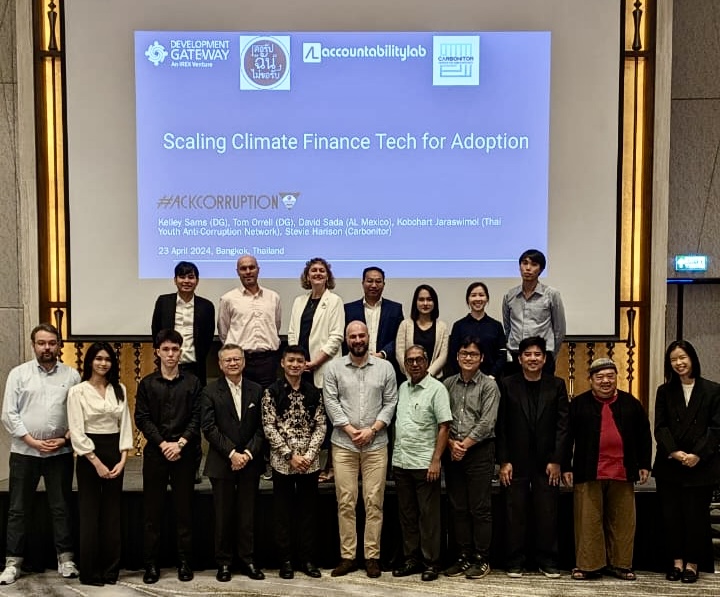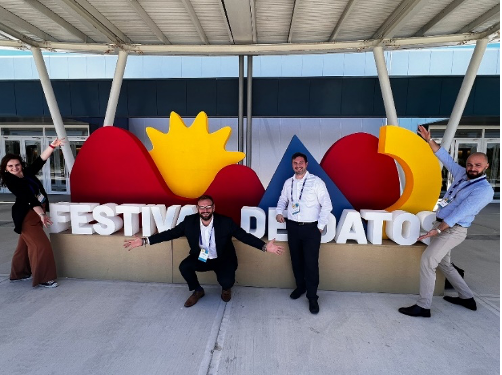Peace in Numbers
For years, Big Data – enormous amounts of information from a variety of sources, covering a range of topics – has been recognized as a resource for evaluating the impact and benefit of development projects. Increasingly, implementers, governments, and citizens are working in concert to use this data to shape domestic policy and multilateral programming.
But what if we could use Big Data to not only influence national programming and international procedures; what if we harness Big Data to secure physical and material peace and security for all?
This month, Development Gateway participated in working groups with implementers, policymakers, and academics exploring this potential at the Centre for Innovation – Leiden University’s Campus The Hague. Part of the Europe’s “Innovation Union,” the Centre’s Peace Informatics Lab project brings together implementers, policy makers, and thought leaders to turn quantitative data into qualitative recommendations for lasting peace.
One of the main themes emerging from this August’s discussion was the importance of context in Big Data. There was a consensus that nuances behind numbers are easily lost, especially when actors far removed from impacted communities take on data analysis and policy recommendations.
As an organization dedicated to uniting technology with policy, Development Gateway has over 12 years of experience bridging the gap between numbers and action. Our representatives at the Peace Informatics Lab discussions were able to share case studies of the successful adaptation of Big Data to local situations and needs as well insights from our work in countries such as Haiti, Nepal, Timor-Leste, and the Democratic Republic of the Congo to help equip local officials with the tools to gather accurate and effective data, and the capacity to analyze and act on that data.
We are proud to be a part of ongoing efforts to capture and leverage Big Data for the common good.
Image Source: www.peaceinformaticslab.org
Share This Post
Related from our library

The Future of Technology Governance and Global Development: Why DG Brought DataReady In-house
DG is excited to announce we now have more robust data governance advisory services with the recent integration of DataReady.

Letting the Sunshine in: Building Inclusive, Accountable, and Equitable Climate Finance Ecosystems
In April, DG, HackCorruption, and the Thai Youth Anti-Corruption Network hosted a roundtable in Bangkok to discuss climate financing. This blog explores the main takeaway: a multi-disciplinary and multi-stakeholder approach that prioritizes local contexts, inclusive governance, transparency, accountability, and equitable distribution of resources is essential to impactful climate financing.

Developing Data Systems: Five Issues IREX and DG Explored at Festival de Datos
IREX and Development Gateway: An IREX Venture participated in Festival de Datos from November 7-9, 2023. In this blog, Philip Davidovich, Annie Kilroy, Josh Powell, and Tom Orrell explore five key issues discussed at Festival de Datos on advancing data systems and how IREX and DG are meeting these challenges.